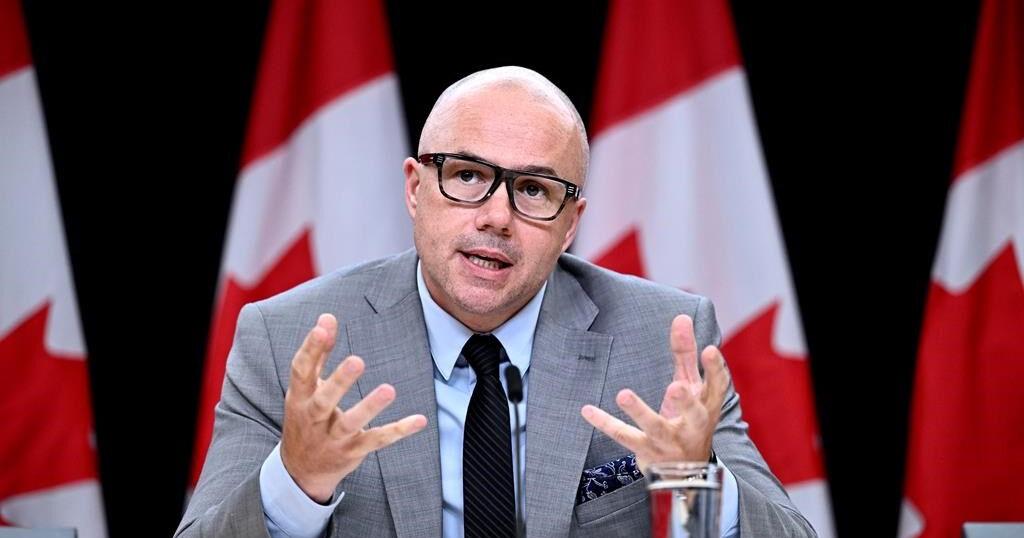Ottawa expects to spend another $963 million to deal with the Phoenix pay system debacle that has plagued the public service since 2016, and can’t yet say what the final price tag will be to axe the system entirely.
The failure of the pay system has so far cost the federal government $3.5 billion — a number that could continue to grow as government tries to tackle the massive backlog of errors and problem cases.
The backlog needs to be cleared before Ottawa can finally dump the error-prone pay system for government employees, said Alex Benay, the associate deputy minister of the Public Services department
The federal government has ambitions to clear that backlog by March of next year. But even as workers get through problem cases, they can’t control how many new problems are added to the pile, he said.
“We do not have control over intake … which has historically increased year over year,” Benay said Tuesday.
There is still a backlog of about 215,000 unresolved, complex problems with the Phoenix pay system, he said.
The government hopes to get through more than half of those cases by the end of the year by bringing more staff on board and using artificial intelligence.
The costs anticipated this year include $162.7 million to develop and test a new human resources and payroll system, and simplify current human resources procedures.
Benay couldn’t say how much the government will spend before the situation is fully solved, but promised the government would be transparent about any issues encountered along the way.
He said one of the department’s goals this year is to figure out how much the new payroll system will cost, should it prove to be successful.
“As soon as we get far enough into that process over the course of the year, we will have an idea of what the transformation costs will be,” he said.
The irony, said the president of Canada’s largest public-service union, is that the Phoenix payroll system was intended to save the government millions year over year.
Phoenix was introduced in 2016 to replace dozens of antiquated pay systems. Instead, the system was riddled with errors and created massive and costly upheaval across the public service.
“They need to ensure that the next-gen. pay system doesn’t become another Groundhog Day, Phoenix remake,” said Public Service Alliance of Canada president Sharon DeSousa.
“We’ve lived this for the last eight years.”
She said the government must not make the same mistake as they did with Phoenix by discarding staff once the new system is in place, especially if they plan to use artificial intelligence instead.
“There needs to be a human element to all of this,” she said. “Without a doubt, we got into this mess with Phoenix because they laid off a bunch of compensation advisers and the work that they do is so integral to ensuring that pay is actually done accurately on time.”
The government plans to provide another update on the pay system in the fall.
This report by The Canadian Press was first published July 9, 2024.
